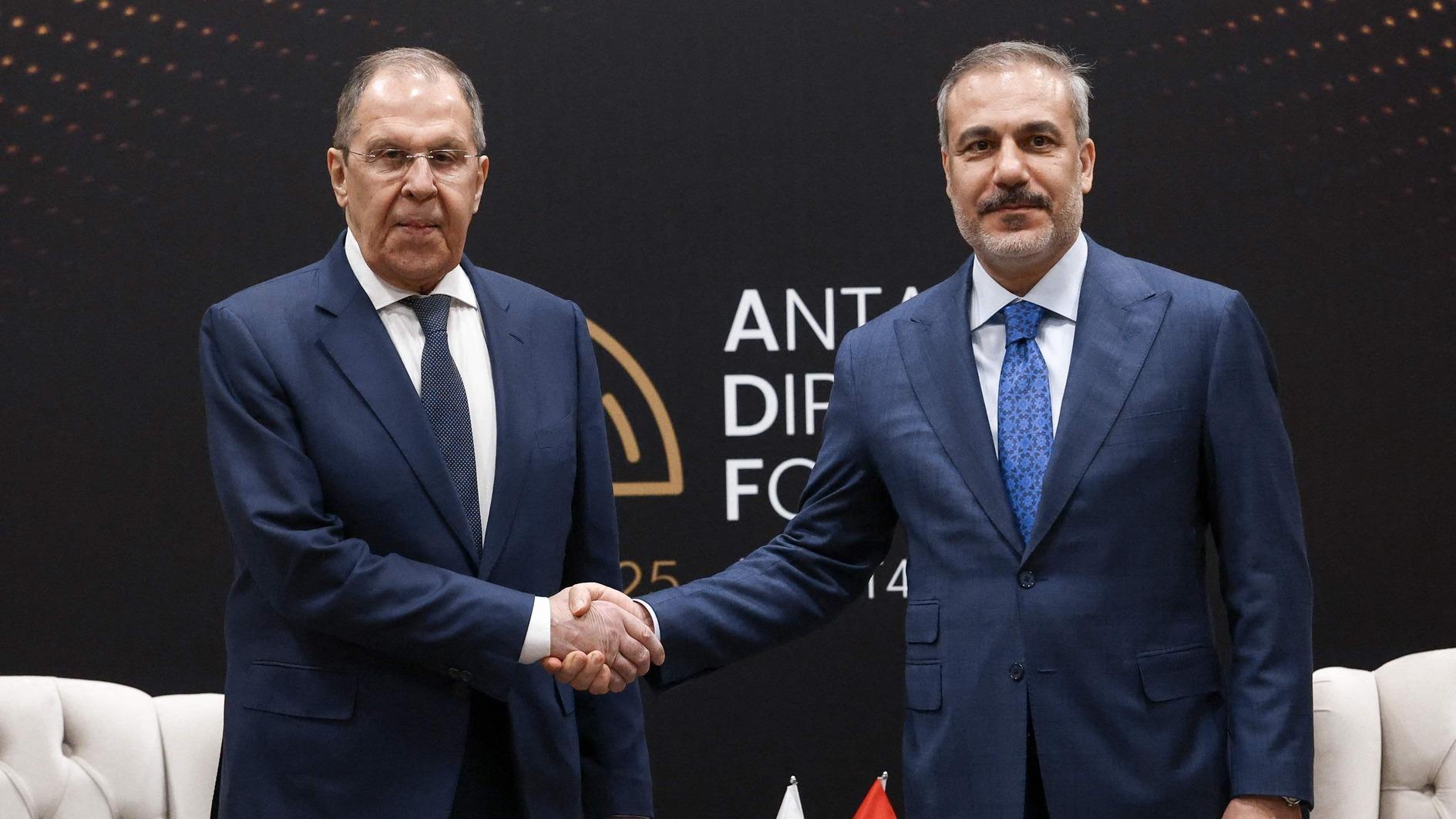Egypt lifts travel ban on NGO activists
CAIRO

Amsaa (2nd R), the daughter of Egyptian cleric Sheikh Omar Abdel Rahman (portrait), who is one of several Egyptians jailed in the US, demonstrates with fellow supporters to call for his release in an exchange deal outside the court in Cairo on February 26, 2012, during the trial of 14 activists who worked in Egypt with civil society groups AFP Photo
Egypt has lifted a travel ban on democracy activists, including Americans, on trial for receiving illicit foreign funding in a case that has tested relations with Washington, prosecution sources said Feb. 29.U.S. Secretary of State Hillary Clinton quickly welcomed the news but said Washington was still awaiting confirmation. A day after judges trying the case stepped aside for unspecified reasons, the Egyptian sources said the defendants, which are said to include 19 Americans, may leave the country. Hafez Abu Saada, a lawyer for some of the defendants, said he had been told the ban had been lifted but that the defendants would have to post bail of $330,000 each. None of the defendants have been arrested.
Several of the Americans have sought refuge in their Cairo embassy, including Sam LaHood, the head of the US-based International Republican Institute and son of U.S. transportation secretary Ray LaHood. Clinton said in Washington she was encouraged by the latest reports. “We do not have confirmation that the travel ban has been lifted. We hope that it will be and we will continue to work toward that,” she told the House Foreign Affairs Committee. But she added: “The reporting is encouraging.”
Presidential election on May 23
Meanwhile, Egypt has set May 23-24 for the first presidential election since Hosni Mubarak’s ouster last year, an official said Wednesday, and the nation’s new president is to be named June 21. Egypt’s ruling military has pledged to turn over power to a civilian government after a new president is chosen, but it has not set a date for the transfer. The military has come under stiff criticism from reformers for its handling of the transition period, scarred by frequent violent protests and continued economic malaise.
The head of Election Commission, Farouk Sultan, told a nationally televised news conference that a 21-day presidential election campaign period would begin April 30, more than a month after candidates can submit their applications for the race. Sultan said if necessary, a runoff election would take place on June 16-17. If no candidate wins 50 percent of the vote in the first round in May, the top two finishers would face each other in a runoff.
Compiled from AP and AFP stories by the Daily News staff.
















